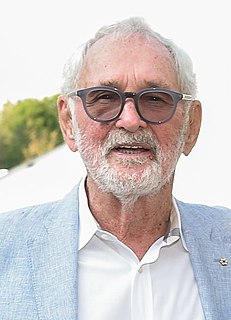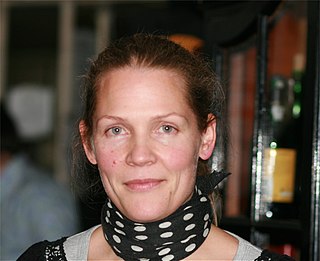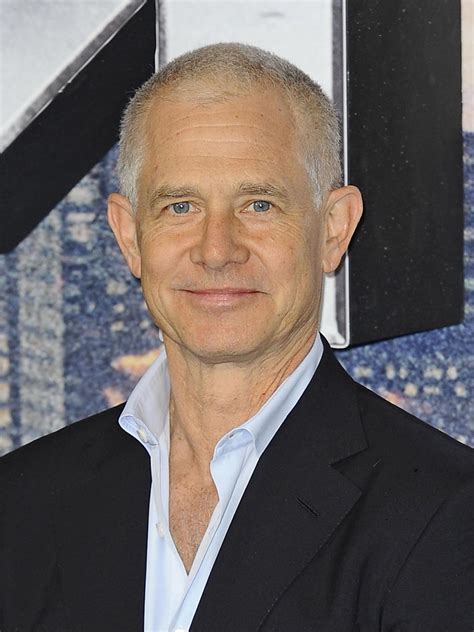A Quote by Norman Jewison
I try to find stories that I would think that everyone would find interesting, and just a good entertaining story, and then if I can find a story that has a raison d'etre behind it that I feel is important then that's the best for me.
Related Quotes
I'm selfish, I think. I think an artist has to be. I'm not worried about what people think. I play the parts that I find interesting. It'd bother me more to be just pigeonholed into doing what people think is ethical or that's boring to me. I don't pick parts with that in mind, I just find interesting stories. If it's interesting to me, then I do it.
I think that the way that I write stories is by instinct. You have some basic ideas - a character, or an image, or a situation that sounds compelling - and then you just feel your way around until you find the edges of your story. It's like going into a dark room... you stumble around until you find the walls and then inch your way to the light switch.
Isn't it splendid to think of all the things there are to find out about? It just makes me feel glad to be alive--it's such an interesting world. It wouldn't be half so interesting if we know all about everything, would it? There'd be no scope for imagination then, would there?But am I talking too much? People are always telling me I do. Would you rather I didn't talk? If you say so I'll stop. I can STOP when I make up my mind to it, although it's difficult.
In a sense my whole life as a writer is trying to find structural ways, or formal ways, to permit that outflowing so it doesn't just look like crazy output. In other words, if it turns out that you can do a given voice, that's just kind of inclination. But then if you can find a way to put that voice in a story so that the voice serves a purpose, then I would say that's being a writer.
I think that when I'm telling a story, I'm doing the best I can to tell the story as fully as I can, and if there are various fractures that happen in the story, then that's just the very thing that the story is as opposed to my looking for avenues of difference in one story. They just really do exist. For me, anyway.
I think the key for us is really letting the stories we feel are best told to kind of dictate where we go. When we find a story we really believe is one that should be told, how do we best tell it and you know what do we need to tell that story most effectively? I think to the good, the universe is such that there are a lot of options, there a lot of opportunities. So that's kind of what's guiding us.
If one loves stories, then one would naturally love the story of the story. Or the story behind the story, pick your preposition. It does seem to me to be a kind of animal impulse almost, a mammalian curiosity. For a reader to wonder about the autobiography in a fiction may be completely unavoidable and in fact may speak to the success of a particular narrative, though it may also speak to its failure.
One of the things that I was kind of holding on to from 'The Daily Show' was there was an exhaustion that I would feel because we just kind of got caught up in the news cycle. You tell a story, and that's an interesting story, and then the next day we have to drop it and talk about something else. That's so unfair to the story and the people.
Too many writers think that all you need to do is write well-but that's only part of what a good book is. Above all, a good book tells a good story. Focus on the story first. Ask yourself, 'Will other people find this story so interesting that they will tell others about it?' Remember: A bestselling book usually follows a simple rule, 'It's a wonderful story, wonderfully told'; not, 'It's a wonderfully told story.'






































